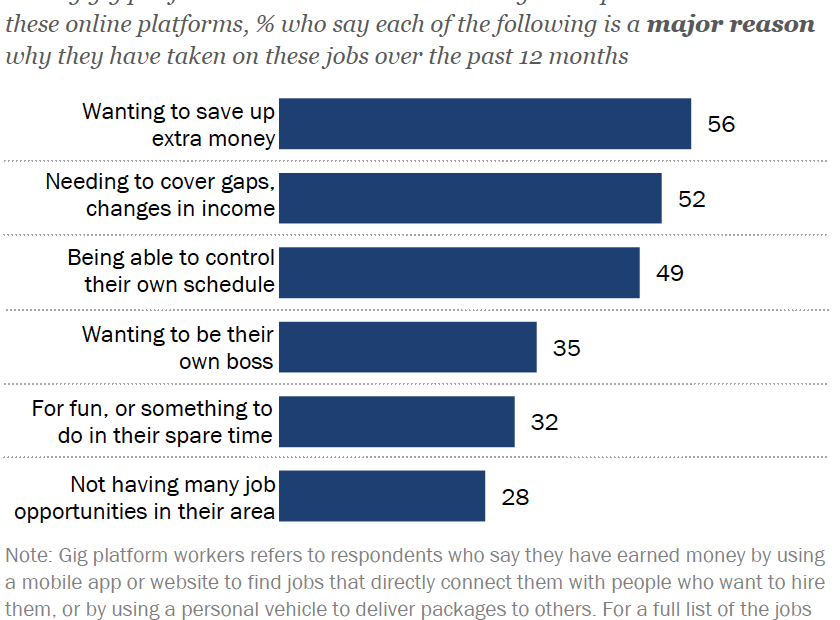How Do Gig Workers Get Paid: Unraveling The Payment Process
Trying To Get Paid In The Gig Economy
Keywords searched by users: How do gig workers get paid gig worker vs independent contractor, what is a gig worker example, what is gig, Gig economy is not good for society, Advantages of gig economy, How to make money 2023, How to earn money online for students, Website make money online
How Does Gig Work Work?
What is the Gig Economy? The gig economy, also known as the on-demand or sharing economy, is a unique labor market system that predominantly relies on temporary and part-time positions staffed by independent contractors and freelancers instead of full-time permanent employees. In this dynamic work environment, gig workers enjoy greater flexibility and independence in choosing when and how they work. However, this flexibility often comes at the cost of limited job security, as these workers typically lack the benefits and protections associated with traditional full-time employment, such as health insurance and retirement plans. This evolving economic model has been significantly shaped by advances in technology, particularly through digital platforms and apps that connect gig workers with various short-term job opportunities. The gig economy continues to reshape the way people work and the nature of employment relationships, raising important questions about labor rights, social safety nets, and the future of work.
Can You Make Good Money As A Gig Worker?
Can gig workers achieve financial stability while pursuing this employment option? A recent study conducted by Zety sheds light on this question. The findings reveal that a significant portion of gig workers, approximately 63%, typically earn hourly wages ranging from $7 to $15. Interestingly, 61% of these workers express the belief that they could potentially earn a more substantial income if they were employed in a traditional full-time position. Furthermore, for 59% of gig workers, this form of employment serves as their primary source of income, rather than merely a supplementary side gig. These insights, gathered in a study conducted as of September 11, 2022, provide valuable perspectives on the financial aspects and job security within the gig economy.
What Are The Disadvantages Of Gig Work?
Certainly! Here’s a rewritten and expanded version of the paragraph on the disadvantages of gig work:
The Downsides of Gig Work for Workers
One significant challenge associated with gig work is the absence of traditional employee benefits. Unlike permanent employees, gig economy workers often do not have access to essential workplace perks, such as health insurance coverage or retirement contributions. However, it’s important to note that the availability of these benefits can vary depending on the specific terms outlined in their individual contracts.
Typically, permanent employees enjoy comprehensive benefits packages that include health insurance plans, retirement savings options, paid time off, and sometimes even tuition reimbursement. These benefits provide financial security and peace of mind, safeguarding employees against unexpected medical expenses and ensuring a stable financial future through retirement savings.
In contrast, gig workers often find themselves in a more precarious position. They must rely on their own resources for health insurance, which can be expensive and potentially unaffordable for some. Additionally, without employer-sponsored retirement contributions, gig workers face the challenge of independently planning and funding their retirement, which can be particularly challenging in an environment with fluctuating income.
In summary, the gig economy’s lack of employee benefits can pose significant disadvantages for workers, making it imperative for them to carefully evaluate the terms of their contracts and plan for their long-term financial security.
Top 37 How do gig workers get paid
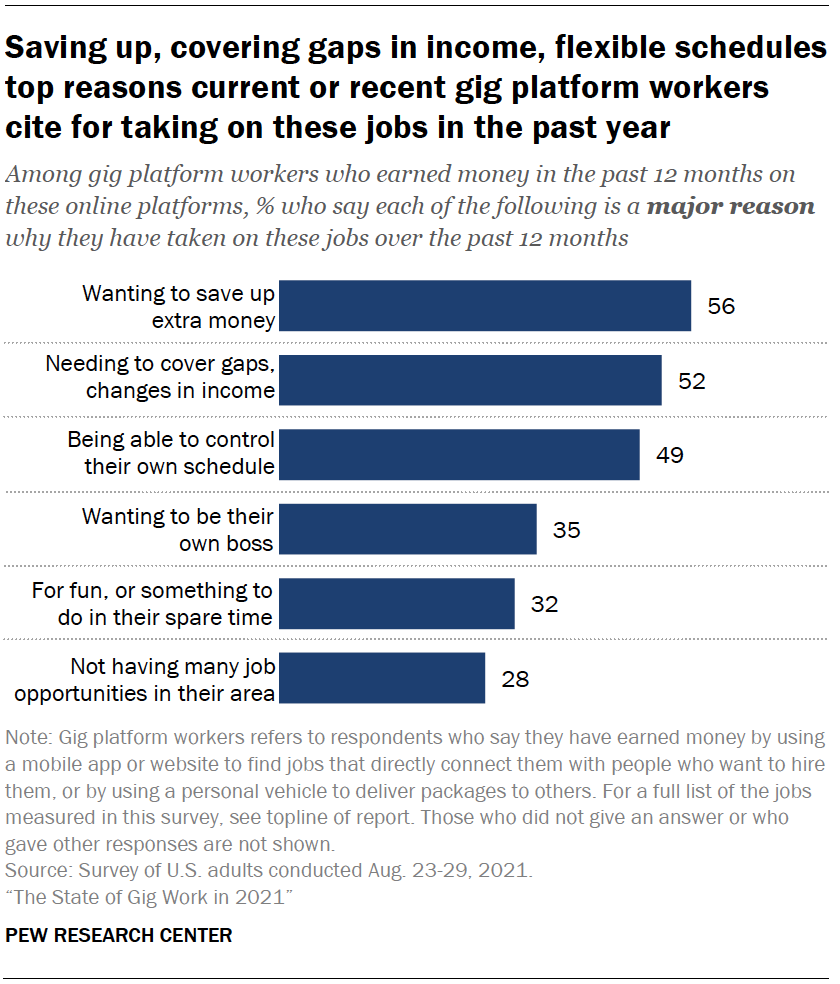
:max_bytes(150000):strip_icc()/gig-economy-final-e11918cb36e74a7db354bf0bf519c12e.jpg)
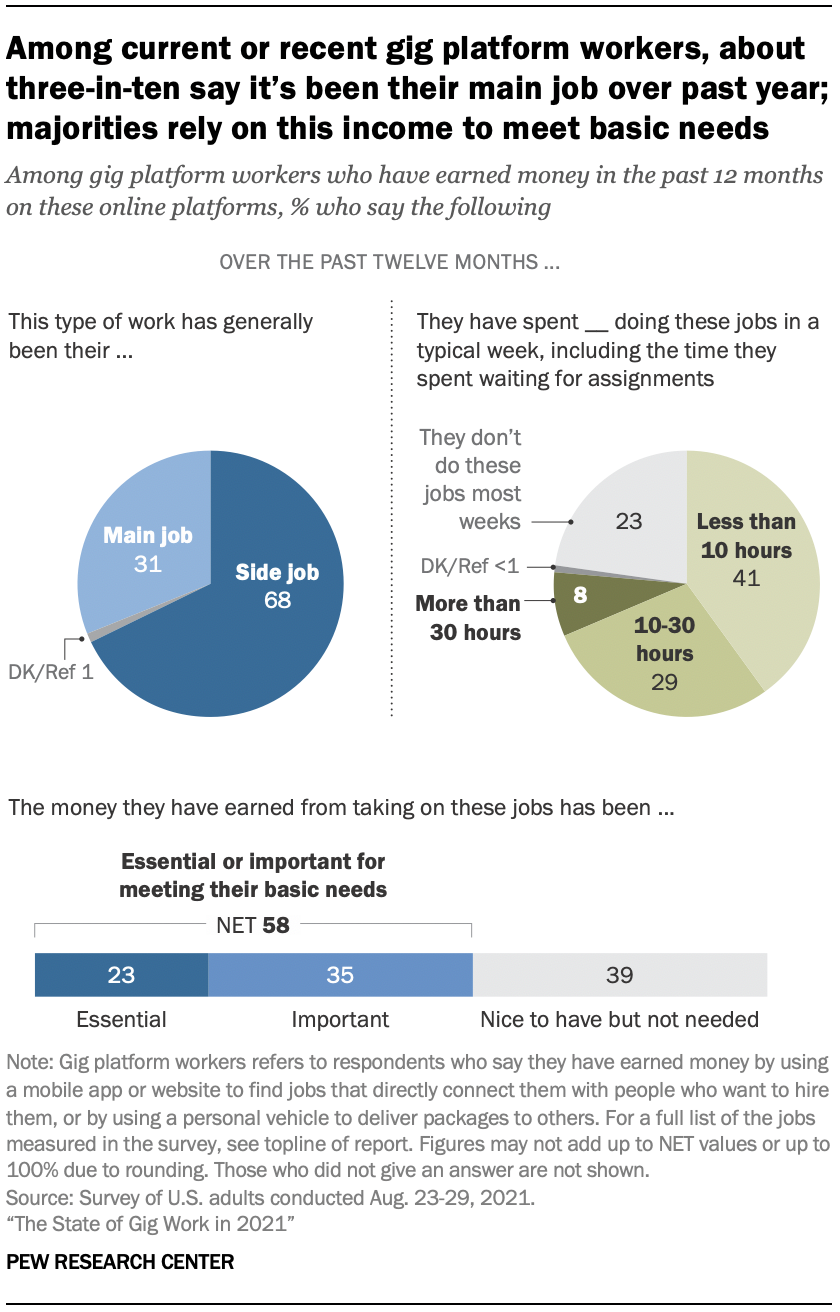
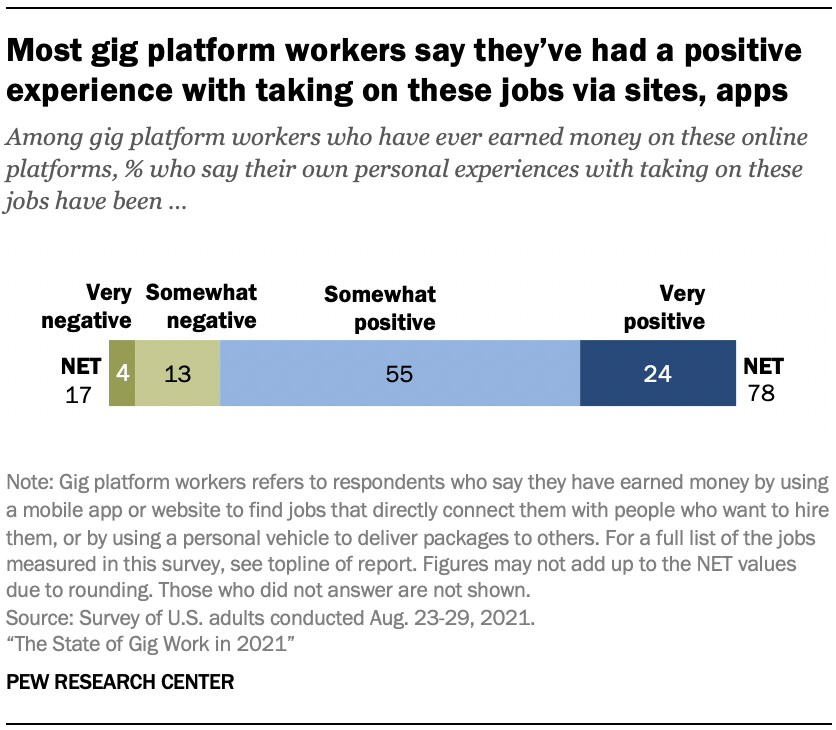
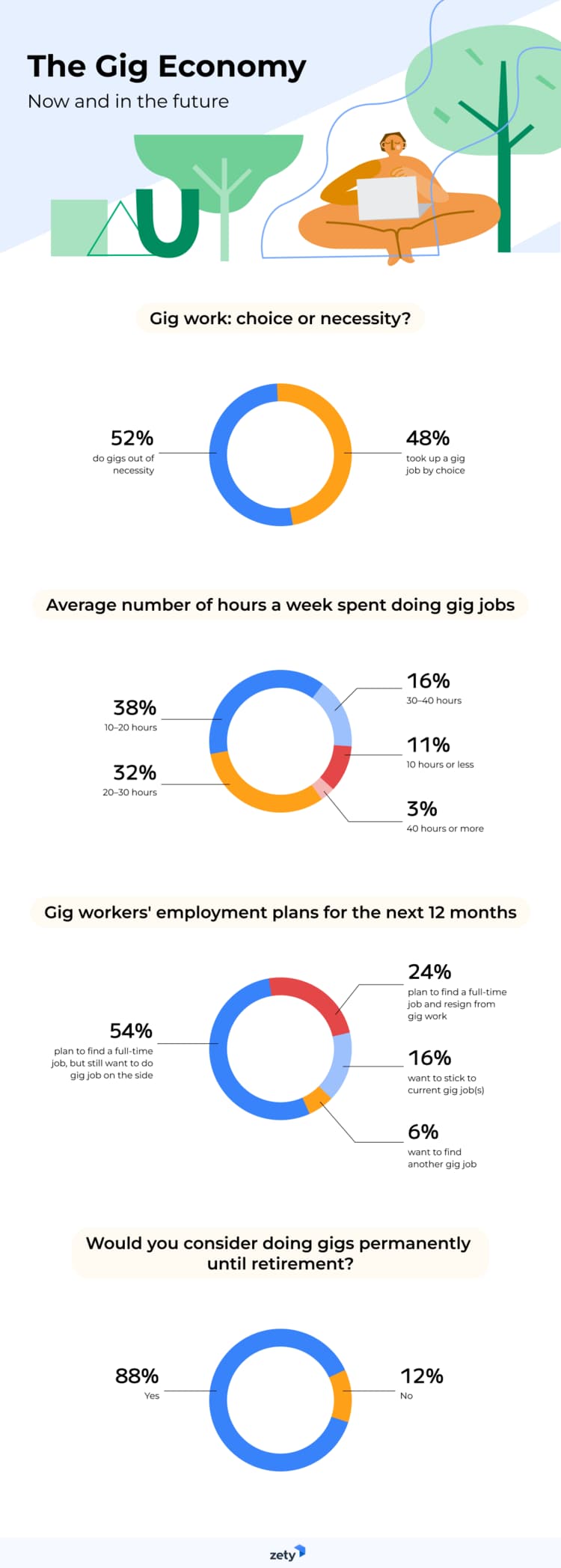

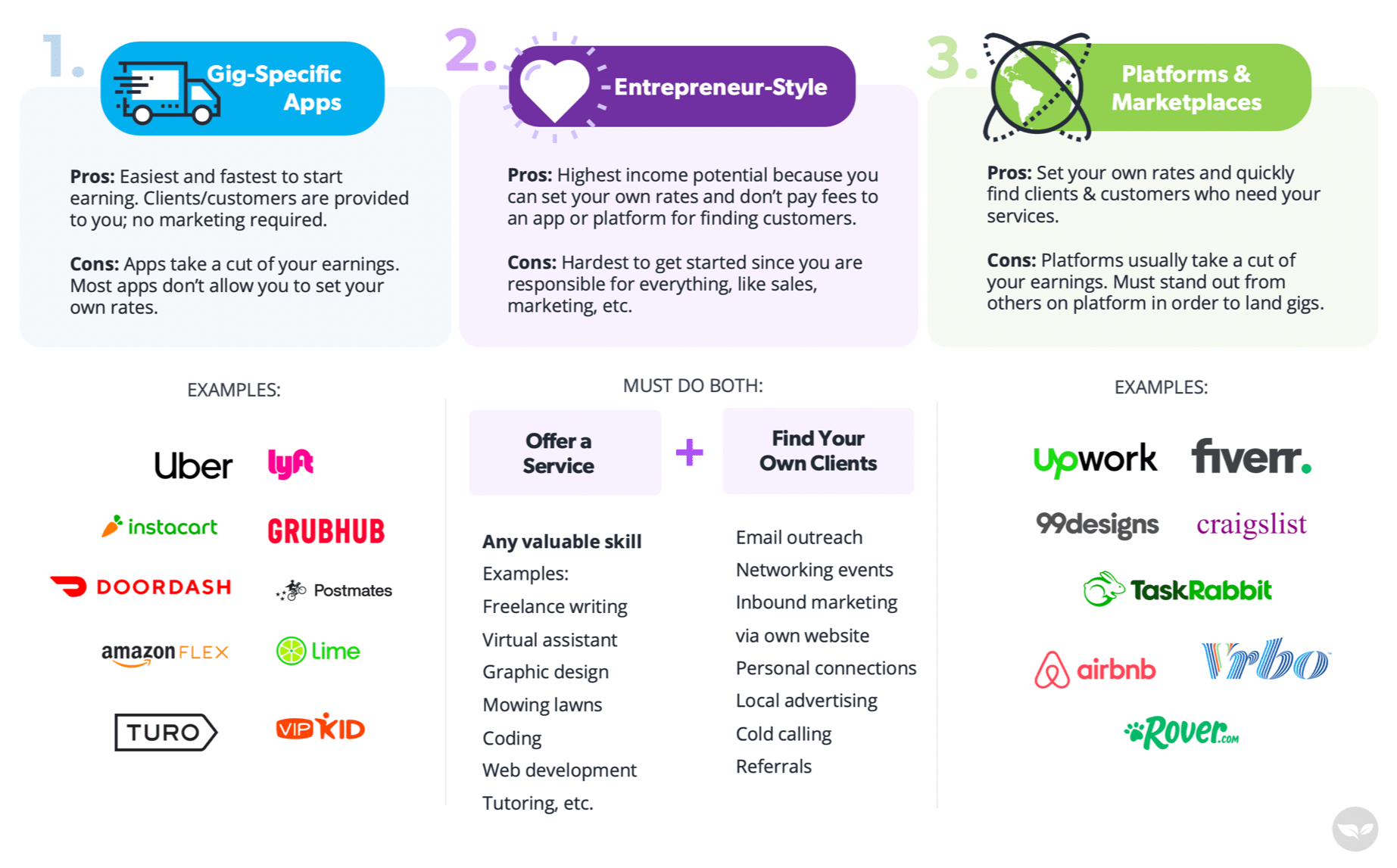
Categories: Share 98 How Do Gig Workers Get Paid
See more here: chinhphucnang.com

How do Gig Workers get paid? Gig workers typically get paid through a third-party platform that connects them with customers. The platform takes a commission for each transaction. Payment methods vary depending on the platform, but most platforms accept major credit cards or PayPal.What Is a Gig Economy? A gig economy is a labor market that relies heavily on temporary and part-time positions filled by independent contractors and freelancers rather than full-time permanent employees. Gig workers gain flexibility and independence but little or no job security.Money and Job Security
According to the Zety study, Most gig workers (63%) earn between $7 and $15 dollars per hour and 61% believe they could be paid better if they were working in a traditional fulltime job. In addition, for 59%, gig work is their main source of income, rather than a supplementary side hustle.
Learn more about the topic How do gig workers get paid.
- The Gig Economy and How it’s Changing the Payments …
- Gig Economy: Definition, Factors Behind It, Critique & Gig Work
- What It’s Really Like To Be A Gig Worker – Forbes
- Pros and Cons of Working in a Gig Economy
- Gig Economy in 2023: Opportunities, Challenges & Strategies – CronJ
- What is the Gig Economy? – Definition from WhatIs.com – TechTarget
See more: blog https://chinhphucnang.com/dealbook
